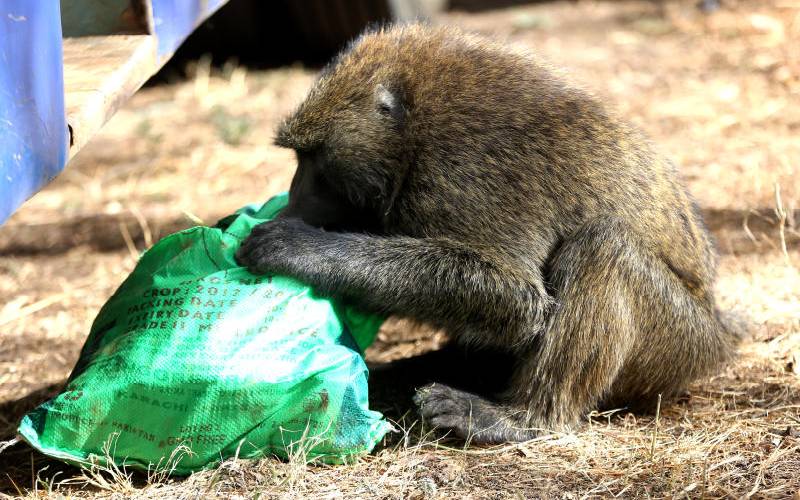×
The Standard e-Paper
Smart Minds Choose Us

Guys. I know I’ve lied about this before. That story about the baboon in my house was a hoax and I apologise. I lied, and I’m sorry. You’ll be pleased to note that my remorse isn’t enough for the ancestors, and I’ll tell you why.